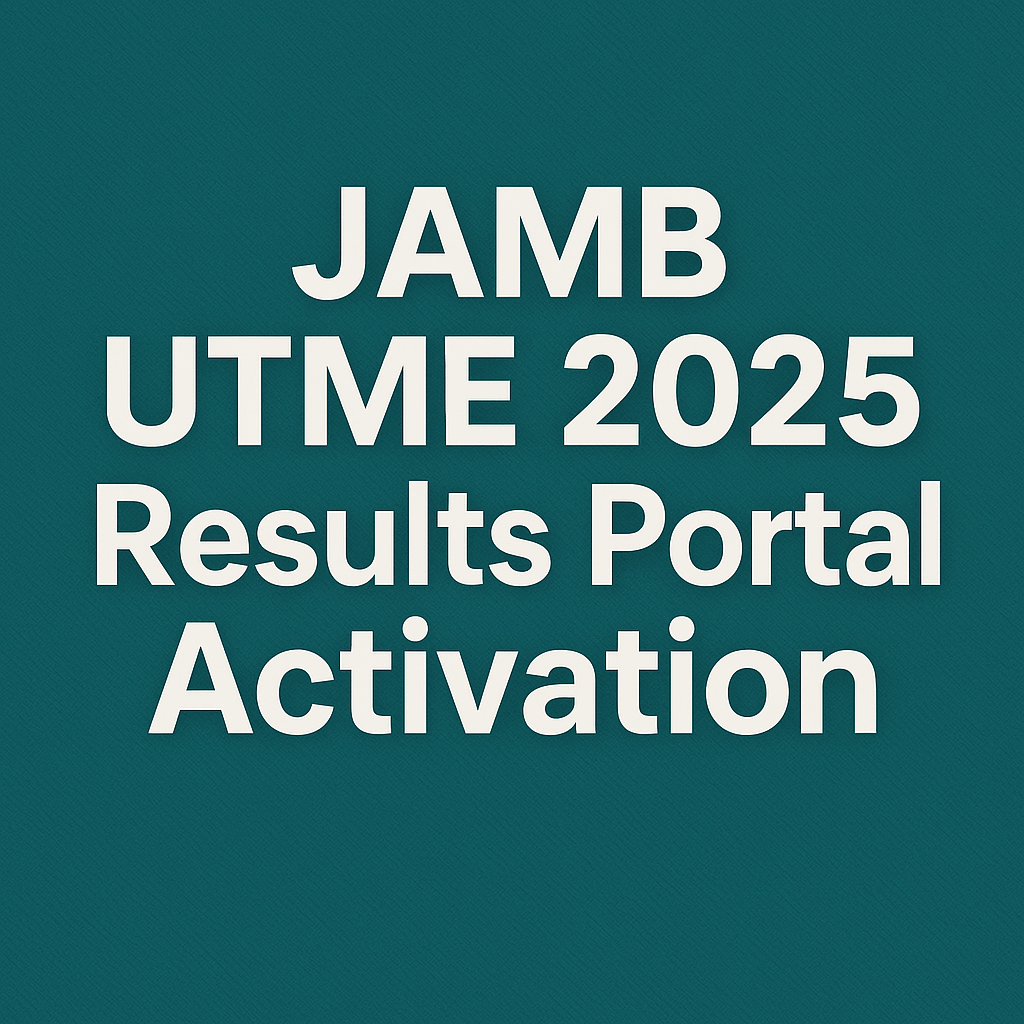We all know that student. Let’s call her Adeola. First in her class since JSS1. The one teachers used as a yardstick and parents pointed to as an example for their own children. When she sat for the Unified Tertiary Matriculation Examination (UTME), everyone expected a score that would break records. The question wasn’t if she would get into Medicine at the University of Ibadan, but with what breathtaking score.
Then the results came out. A collective gasp. Adeola didn’t even meet the cut-off.
Whispers followed. “What happened?” “But she’s so brilliant!” “Maybe she got distracted.” The shock wasn’t just about a score; it was about a fundamental belief being shaken. If Adeola, the brightest of them all, could fail JAMB, then what is this exam really about? This isn’t just Adeola’s story. It’s the story of thousands of incredibly smart students across Nigeria who face a soul-crushing disappointment every year. The reason often has little to do with intelligence. It’s about the unspoken rules of a game nobody prepared them for.
The Illusion of “Book Smart”
The biggest mistake we make is equating classroom intelligence with JAMB success. They are two entirely different beasts.
In school, intelligence is often rewarded for being methodical, detailed, and thorough. You have time to show your work in mathematics, to develop your arguments in an essay, to recall intricate details in Biology. The system rewards depth.
JAMB, however, is a different crucible. It’s a test of speed, precision, and strategy under immense pressure. The exam doesn’t care if you can explain the Krebs cycle in beautiful prose; it cares if you can pick the correct option among four distractors in under 60 seconds. A student who has spent years mastering the ‘why’ can easily be outpaced by another who has simply mastered the ‘what’ and ‘how’ of multiple-choice questions. Being ‘book smart’ gives you the knowledge, but it doesn’t give you the tactical skill to deploy that knowledge under fire.
The Unseen Enemy: The Battle Within
We talk about studying, but we rarely talk about the mind. For many students, the JAMB hall is not just an exam center; it’s a psychological battleground.
The Crushing Weight of Expectation
For the “smart student,” the pressure is monumental. It comes from everywhere:
- Parents who have invested everything and expect a return in the form of a professional course.
- Teachers who have publicly declared you their star student.
- Peers who look up to you and secretly compete with you.
- Yourself. This is the heaviest. The brilliant student builds their identity on academic success. The thought of failing isn’t just about rewriting an exam; it’s about their entire sense of self crumbling.
This weight leads to performance anxiety, a crippling fear that can make even the most prepared mind go blank. The simple act of seeing a question you can’t immediately answer can trigger a spiral of panic.
The “Overconfidence” Trap
There’s a flip side to the pressure coin: complacency. The student who has always found school easy can fatally underestimate JAMB. They think, “I know this stuff, I don’t need to kill myself practicing.”
They browse through textbooks but avoid the grueling, timed practice with past questions. They mistake familiarity with mastery. The real shock comes in the exam hall when they realize that knowing a topic and being able to answer 40 questions on it in 25 minutes are worlds apart. Their brilliance becomes a blind spot.
Studying Hard vs. Studying for JAMB
This is where the rubber meets the road. Many smart students fail JAMB because while they study hard, they don’t study right for this specific exam.
Here’s what that looks like:
- Wrong Method: Reading textbooks cover to cover like a novel.
- Right Method: Using the JAMB syllabus as a map and focusing only on the required topics. You then use textbooks for clarification, not as your primary tool.
- Wrong Method: Passively solving past questions by just looking at the answers.
- Right Method: Actively simulating exam conditions. This means timing yourself strictly, using a CBT app, and analyzing your mistakes afterward. Why did you get it wrong? Was it a knowledge gap, a misread question, or a time management issue?
- Wrong Method: Ignoring the power of elimination.
- Right Method: Understanding that in an MCQ, you don’t always have to know the right answer. Sometimes, you just need to know which three are definitely wrong. This is a critical skill smart students often neglect because they’re used to deriving answers from scratch.
And Sometimes… It’s Just the System
Let’s be brutally honest. Sometimes, a student does everything right and still gets let down. We can’t ignore the “Nigerian factor.”
A brilliant, perfectly prepared student can walk into the hall and be assigned a faulty computer that hangs or reboots. The power can go out. An invigilator can be disruptive. These external factors are heartbreakingly real. While not the most common reason, they are a valid and painful part of the story for some. To pretend they don’t exist is to invalidate the genuine struggles some students face.
ALSO READ: JAMB CAPS Frequently Asked Questions & their Accurate Answers [UPDATED]
Conclusion: A Data Point, Not a Verdict
Failing JAMB, especially when you’re “the smart one,” feels like a full stop. But it’s not. It’s a comma.
The JAMB score is a data point, not a final verdict on your intelligence, your worth, or your future. It measures one thing: your ability to excel on a particular type of test on a particular day. That’s it.
For students going through this, the path forward is about humility and strategy. Acknowledge that your intelligence is not enough. You need to master the game of the exam. For parents and teachers, our role is to ease the pressure. We must redefine success, reminding these young minds that their potential is far greater than a four-digit score. Adeola’s story doesn’t have to end in whispers. It can end in resilience, a new strategy, and eventual triumph—a lesson far more valuable than any exam could ever teach.


